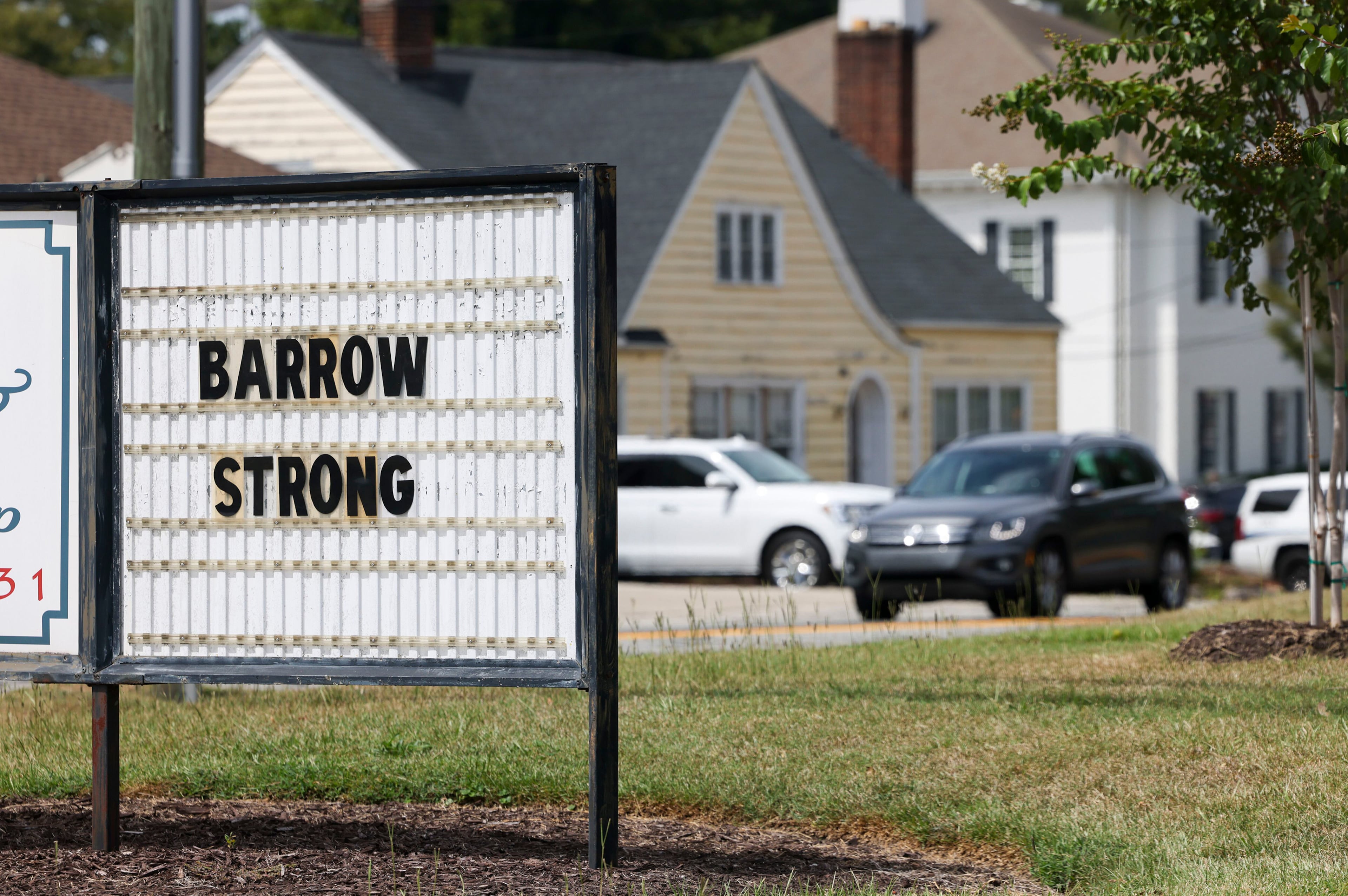With school underway, Gwinnett remains at impasse over AP course

Several Gwinnett County elected leaders continued to push for the inclusion of Advanced Placement African American Studies in the days before the start of a new academic year, but classes began Monday without the course on any schedules.
Officials have mainly focused their ire on state School Superintendent Richard Woods and the state’s 2022 divisive concepts law. Woods said last week that parts of the course “did violate the law” and he gave that as his rationale for not approving the course. A spokeswoman for his office said Woods has consulted state Attorney General Chris Carr for his interpretation.
“This law basically bans the teaching of what some view as ‘divisive’ concepts that may make some people feel ‘personal distress’ if they learn it,” Rep. Jasmine Clark, D-Lilburn, said on social media. “This ill-conceived law always threatened to undermine the accurate teaching of Black history and we are seeing its implementation do just that.”
Some Gwinnett school board members have also pushed for a change.
Board Vice Chair Karen Watkins said in a letter to Woods that the law “may inadvertently narrow students’ understanding of the world and diminish their ability to engage with it thoughtfully and respectfully.”
Members Adrienne Simmons and Tarece Johnson-Morgan took to social media to turn attention to the district. Simmons said the district must work with the Georgia Department of Education and Woods to reverse his decision. Johnson-Morgan said, “Offer the course AND fight for the AP code.”
Gwinnett’s main reason for not offering the course is concern over crediting students for the HOPE and Zell Miller scholarships. If the course is not coded as an AP class, the district has said, then they have no way to ensure students get the associated grade boost that comes with college-level courses. Other metro Atlanta districts have decided to offer the course despite that concern going unanswered.
Along with getting an answer about crediting, Gwinnett is pushing for statewide approval of the course. Classes started Monday, so it is unclear if the district could change schedules to offer it. While students may be able to shift schedules during the first few days of school, altering teaching assignments would be more complicated.
Critics of Woods’ decision are still advocating for the course. Democratic legislators are convening this week after gathering information on the complicated course coding and crediting process, and civic and professional groups have also planned a forum at Gwinnett’s Collins Hill library branch at 6 p.m. Wednesday.
Implementation of the course has been contentious in other states. Florida Gov. Ron DeSantis and other conservative governors called the AP course radical indoctrination. In 2023, the College Board downplayed Black Lives Matter, critical race theory and the African American queer experience in the curriculum. Still, Florida banned the pilot, and Arkansas and South Carolina withheld state funding.
Students told The Atlanta Journal-Constitution that the course should not be controversial.
Ayo Babatunde, a senior at Peachtree Ridge High School and executive member of Gwinnett’s Black Student Union affinity group, said, “I wanted to take the class because it felt like something that was relevant to me and it was unlike the other classes we’ve already had at school.”
Babatunde said the state not approving the course “makes me think they don’t think this class is important.”
Jeremy Yassa, also a senior at Peachtree Ridge, said African American culture and history were not always prominent in classes, even AP U.S. History. He said there shouldn’t be controversy at all.
“It’s American history, and we’ve been here for hundreds of years,” he said.
Yassa, who is Black, said one of the best experiences he’s had in school was in AP Literature, where the teacher was willing to bring up difficult subjects from their readings. Initial feelings of discomfort subsided during discussions.
“Talking about those subjects helps people to understand and grow, so I think having those uncomfortable situations (in AP African American Studies) would be better for students,” he said.
Babatunde and Yassa both said they hope the course is offered next year.



